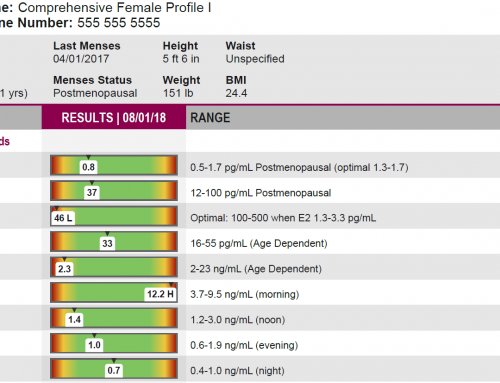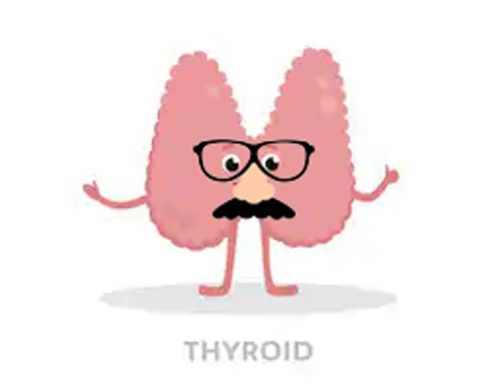Hashimoto’s thyroiditis can lead to an under active thyroid (hypothyroidism). In this video Dr. Marcantel discusses the identification and treatment of the disease. Dr Tina Marcantel is a naturopathic physician in Gold Canyon, Arizona, who also serves the East Valley cities of Mesa, Tempe, Scottsdale, Chandler, Queen Creek, Apache Junction, Gilbert, and the greater Phoenix area.
Video Transcript:
Hashimoto’s thyroiditis is an autoimmune condition that causes an increase in our antibodies. That increase in our
antibodies causes increase in inflammation in our bodies.
And what does increased inflammation mean in our bodies?
Increased inflammation causes aches and pains; it could be the beginnings of different sicknesses and diseases. First
of all, we have to look at the blood tests. That’s including the TSH, the free T3 the free T4, and we have to look at the patient’s degree of symptomology that they are exhibiting. So that is very important, those two things together.
We will treat by medication–there are different types of thyroid medication that’s available–and we will treat by other means as well.
Because there’s a lot of inflammation in the patient’s body what happens is we find out that they may be sensitive to different food so we do a food sensitivity testing to see what foods the patient may be sensitive to.
Also we have to determine how much stress there is in the body; if the patient is experiencing a lot of stress then what happens is the antibodies go up in the body and with the antibodies going up the inflammation increases and also the symptomology
increases.
So we look at the blood levels, the symptomology, we check to see what type of foods the patient may be sensitive to, and we also assess the
degree of stress that is present.
There are different types of stress and we all perceive stress in different ways. There is personal stress, there’s job stress, maybe dealing with the kids, over exercising is a form of stress, to some people fasting or not eating well–these are all forms of stress and they all affect us in different ways.
I’m going to give an example of stress. So I see quite a number of school teachers and during the summer I rarely see school teachers. They’re doing fine during the summer; they’re off on vacation. School starts in September and I start getting phone calls from school teachers in September because their stress levels will rise and their symptomology informs them, the symptomology from their
body informs them, that they need help because they’re uncomfortable, they’re having aches and pains.
So this is just a perfect example how stress can increase our symptomology and increase our antibodies in Hashimoto’s thyroiditis.
Learn more about thyroid medications





